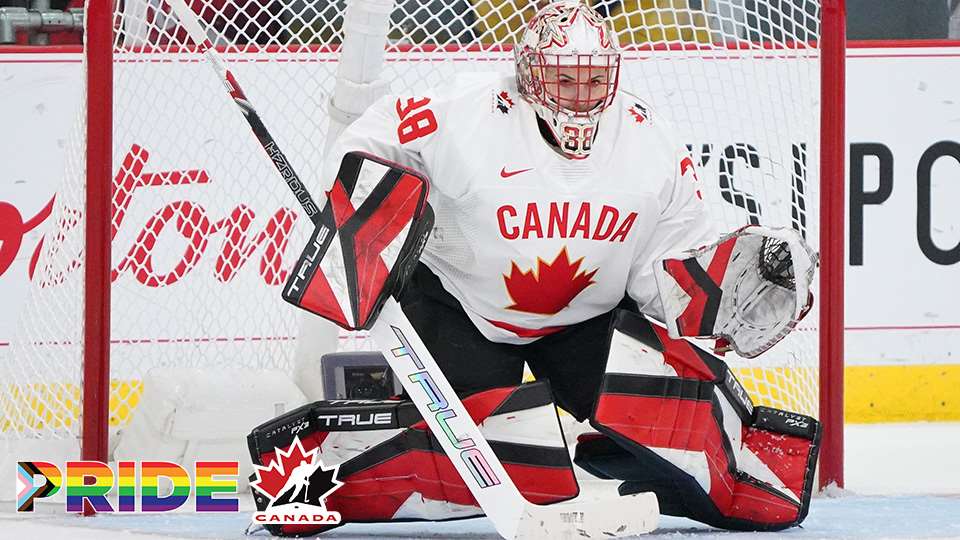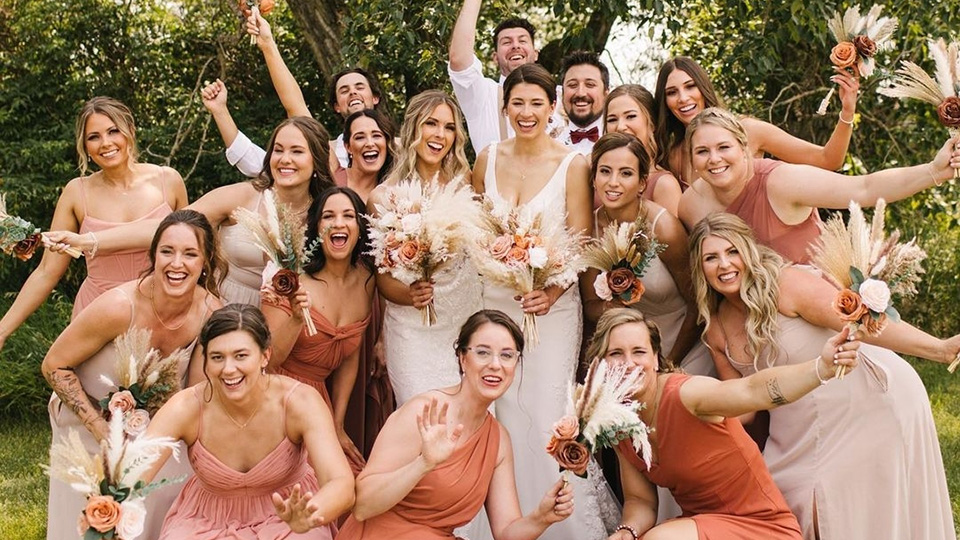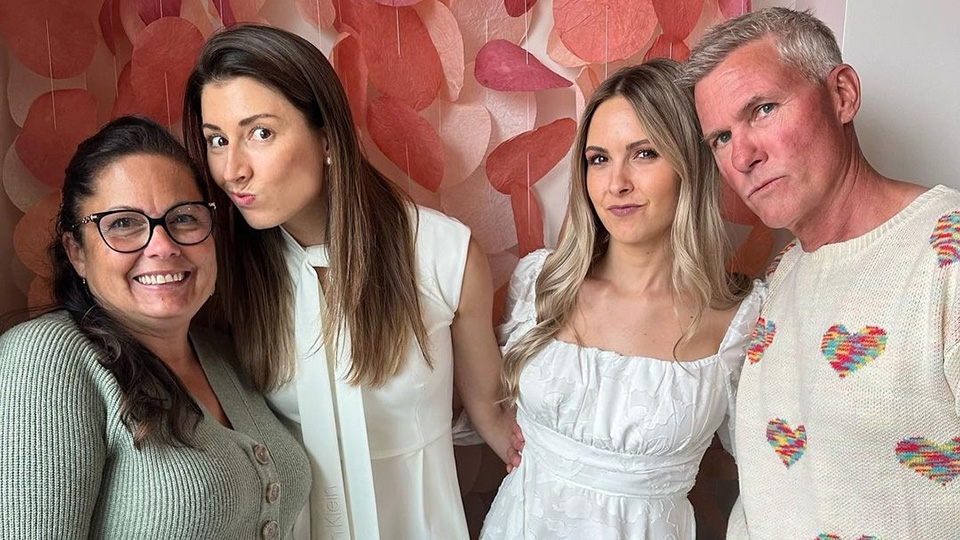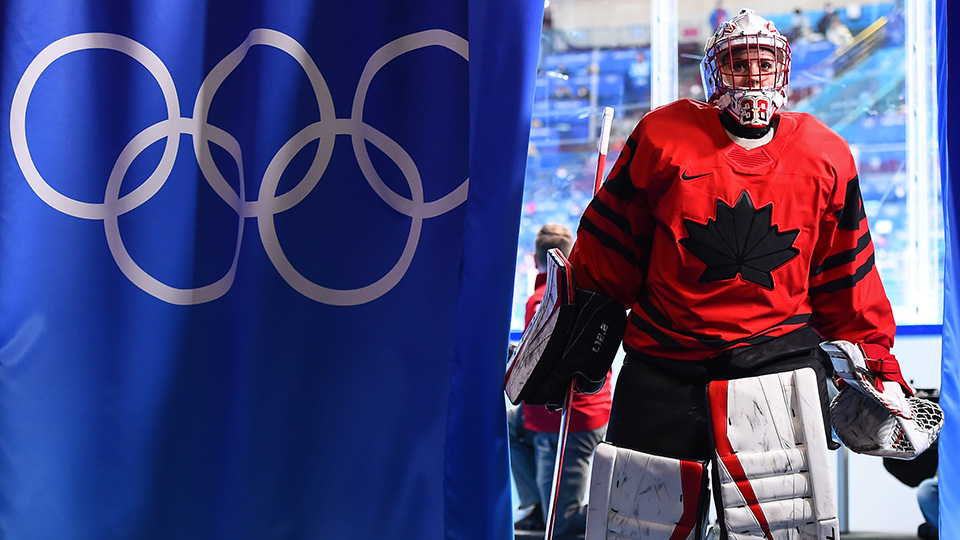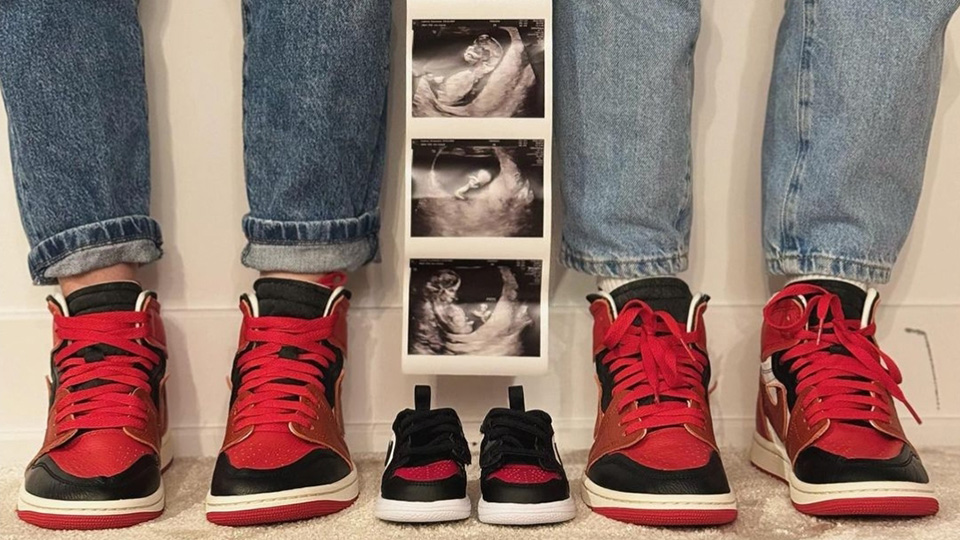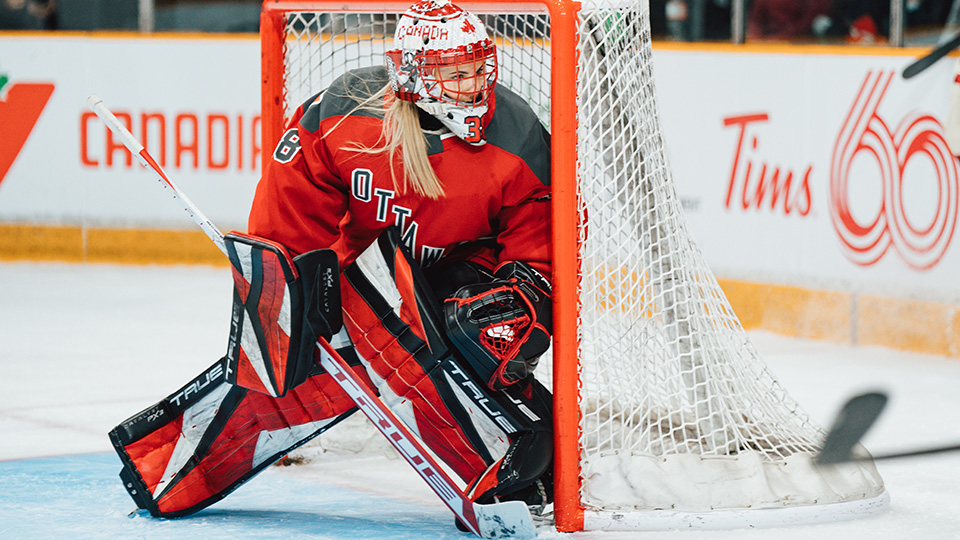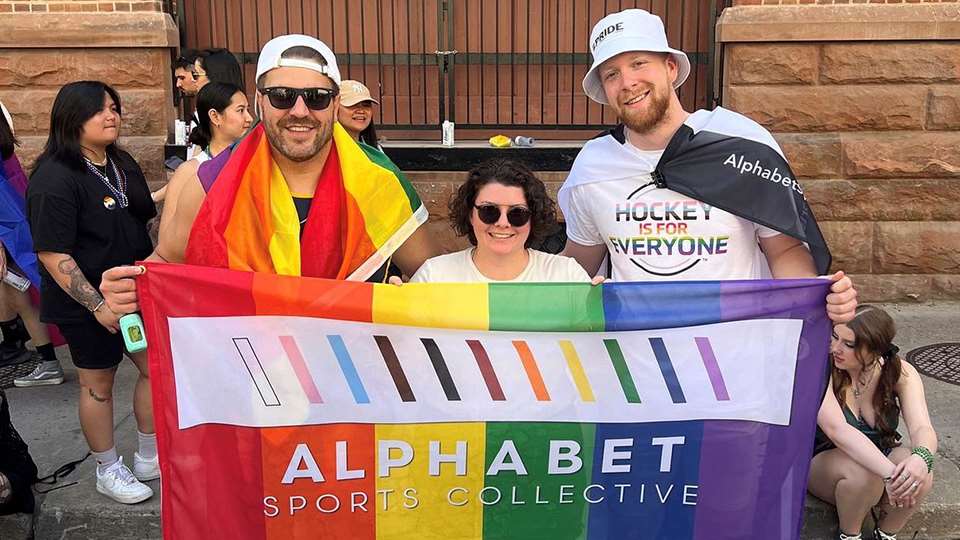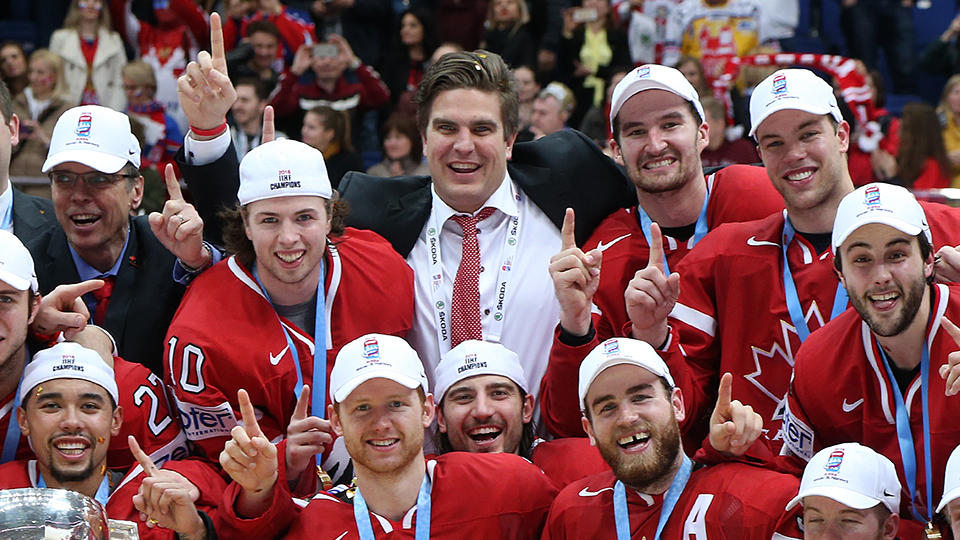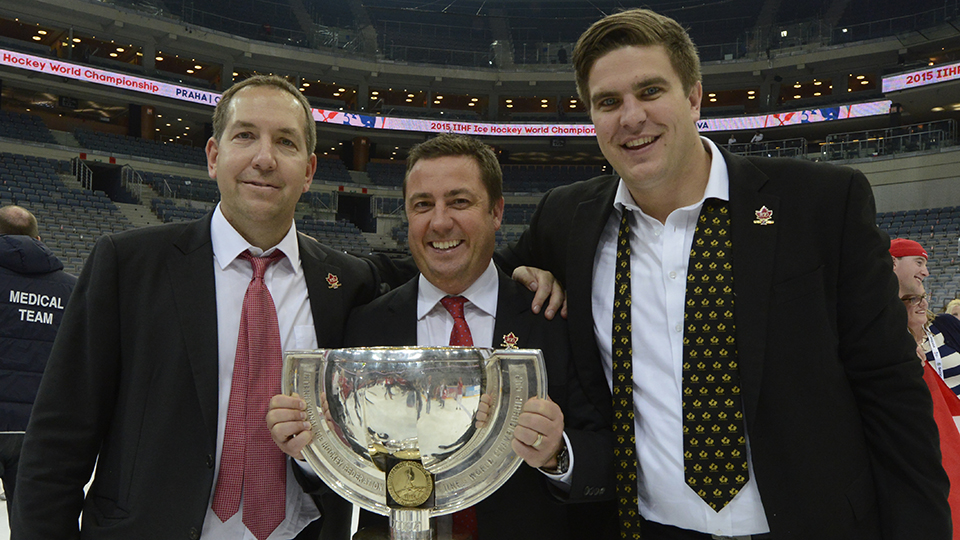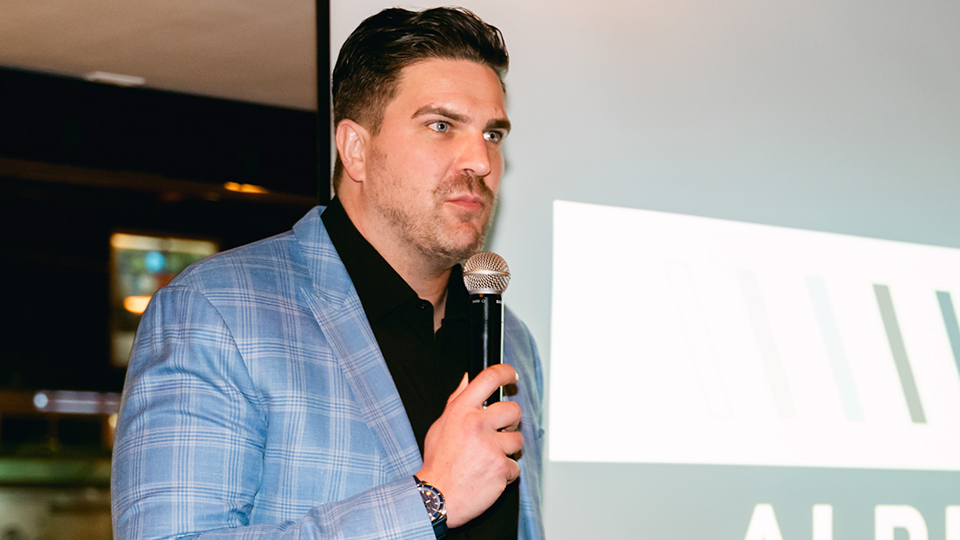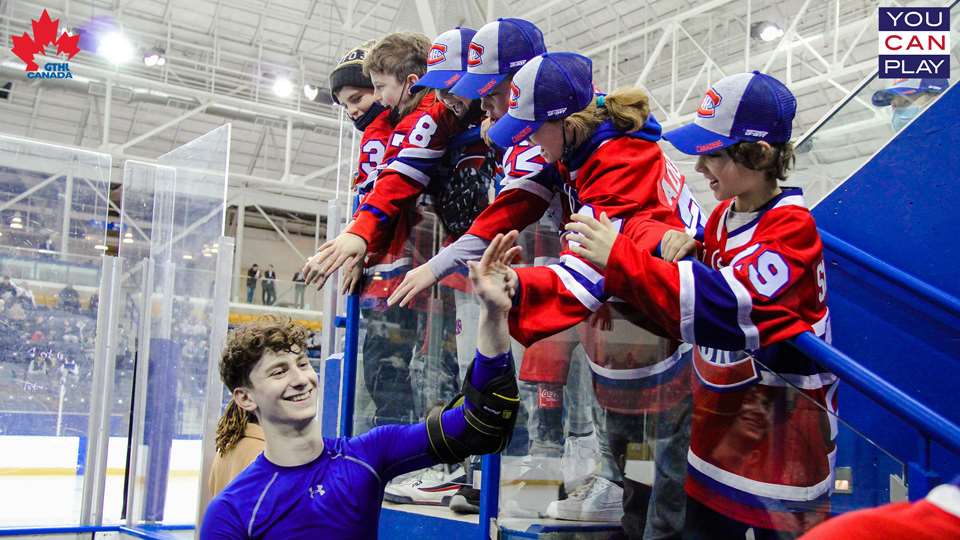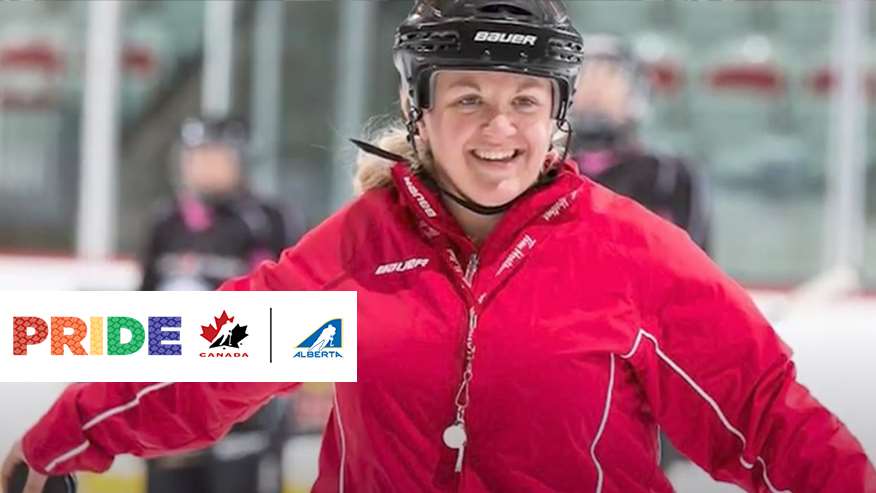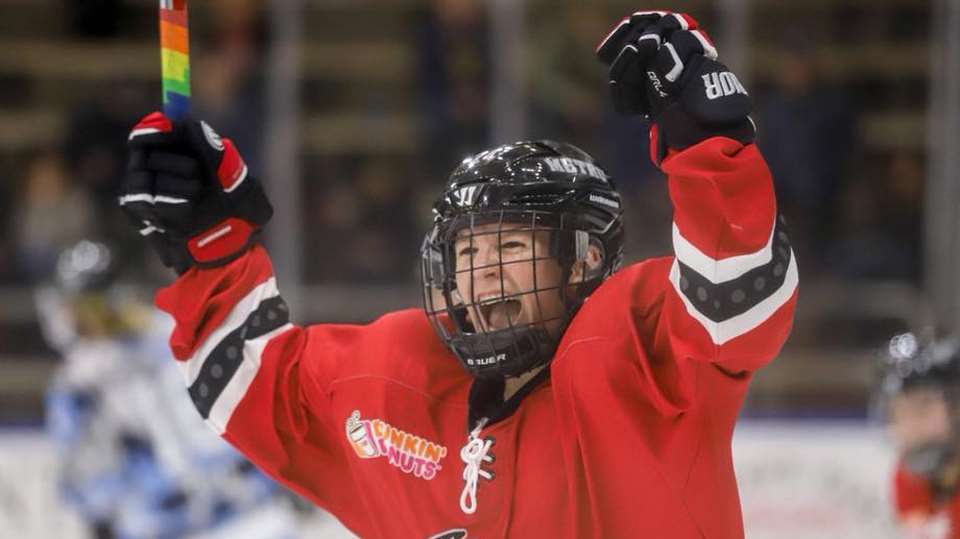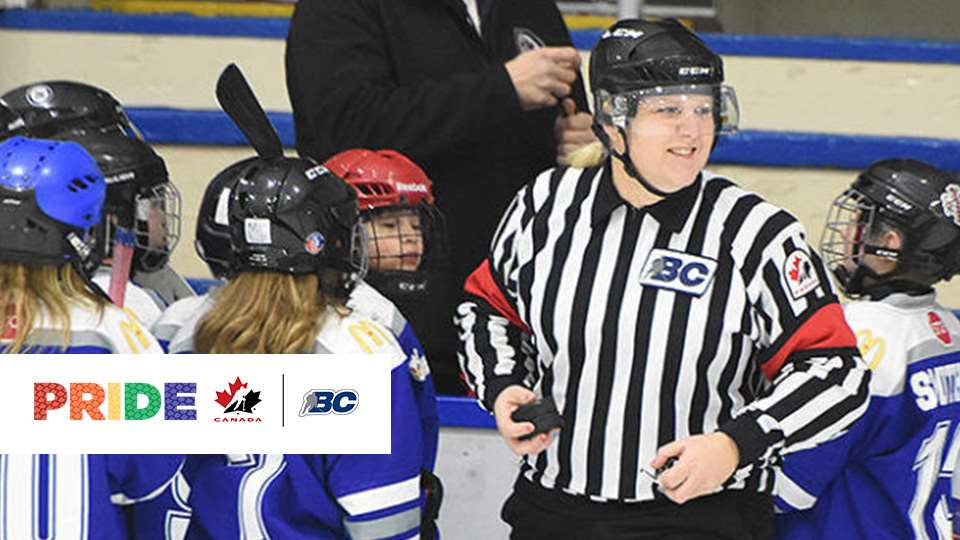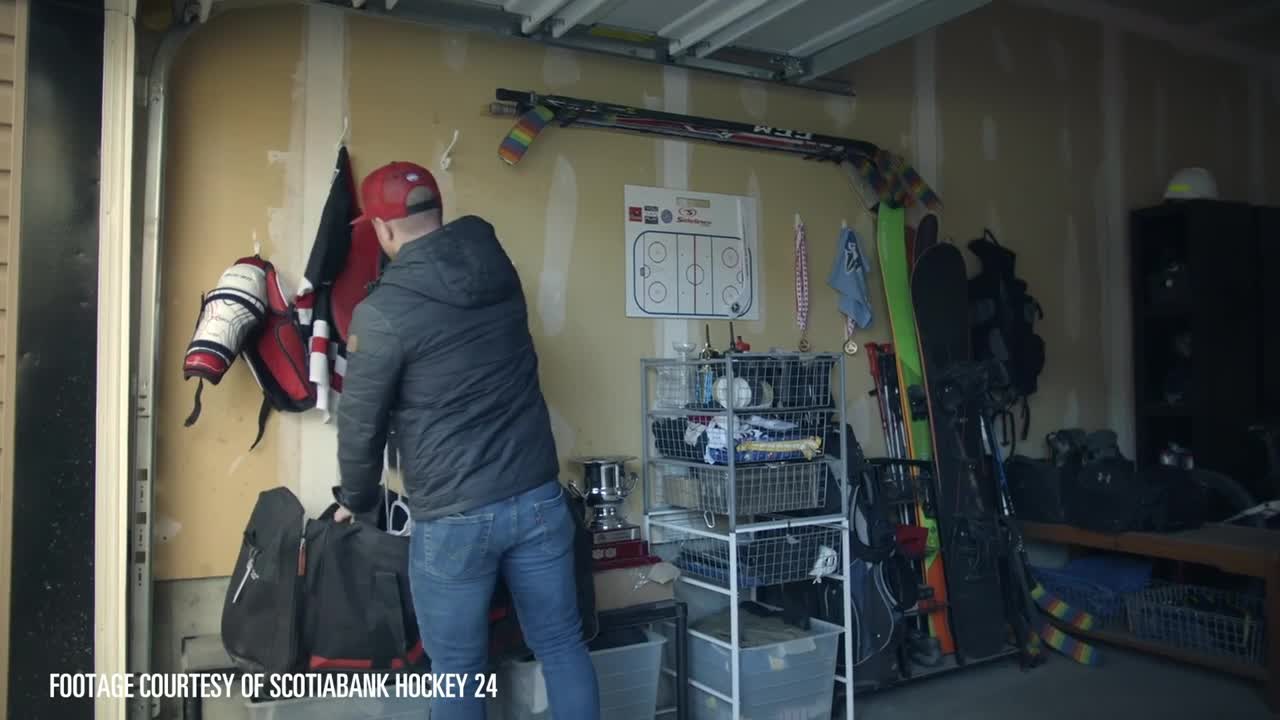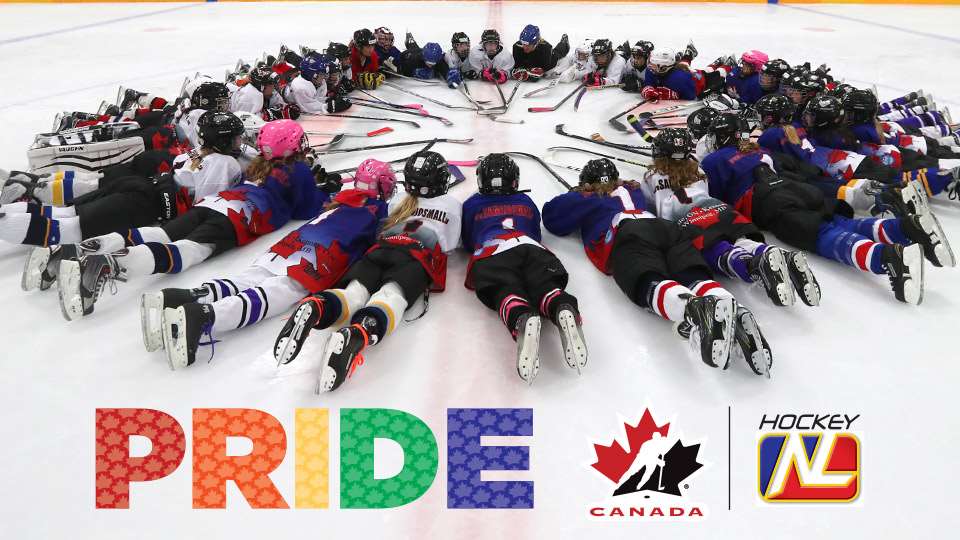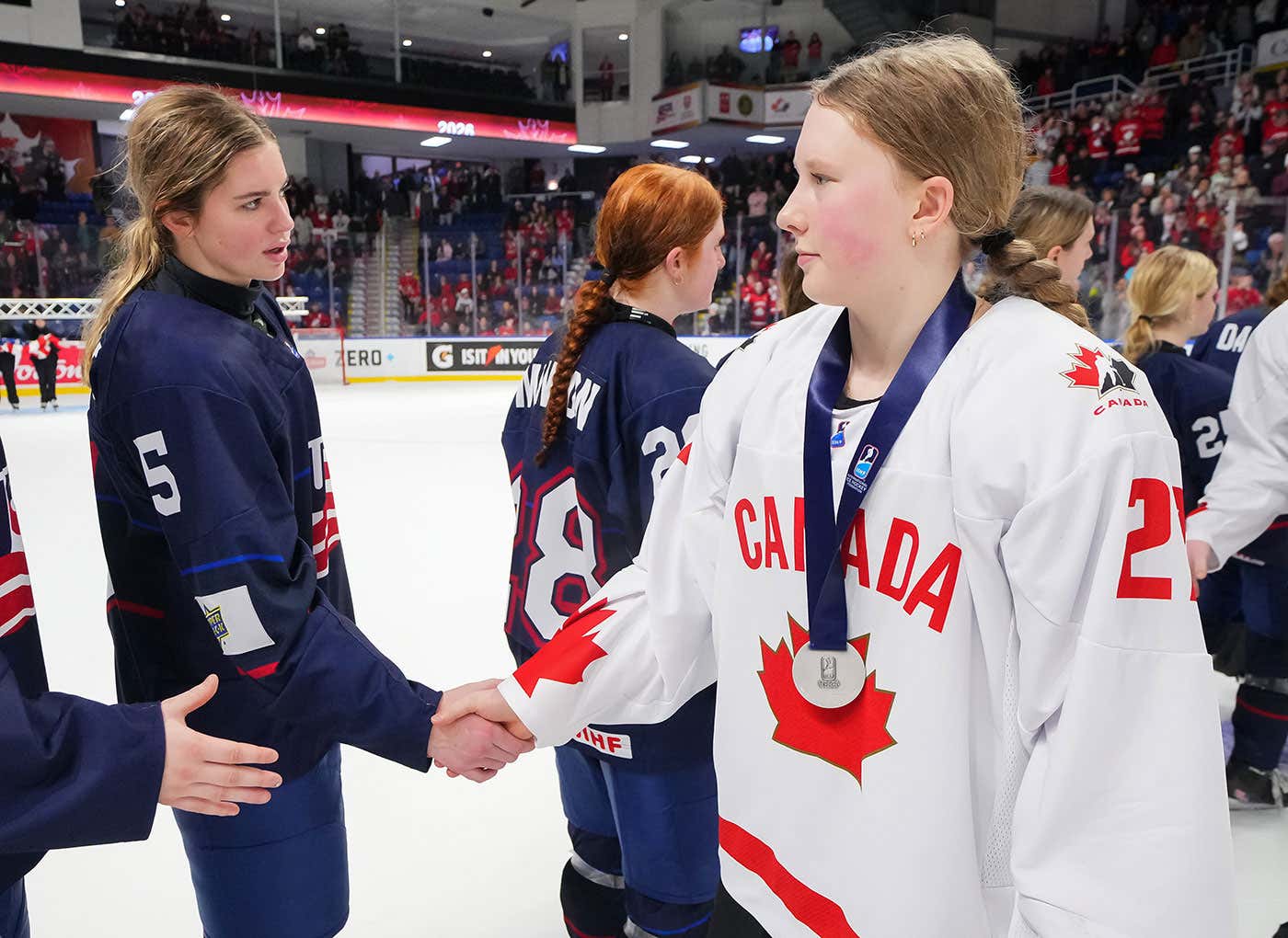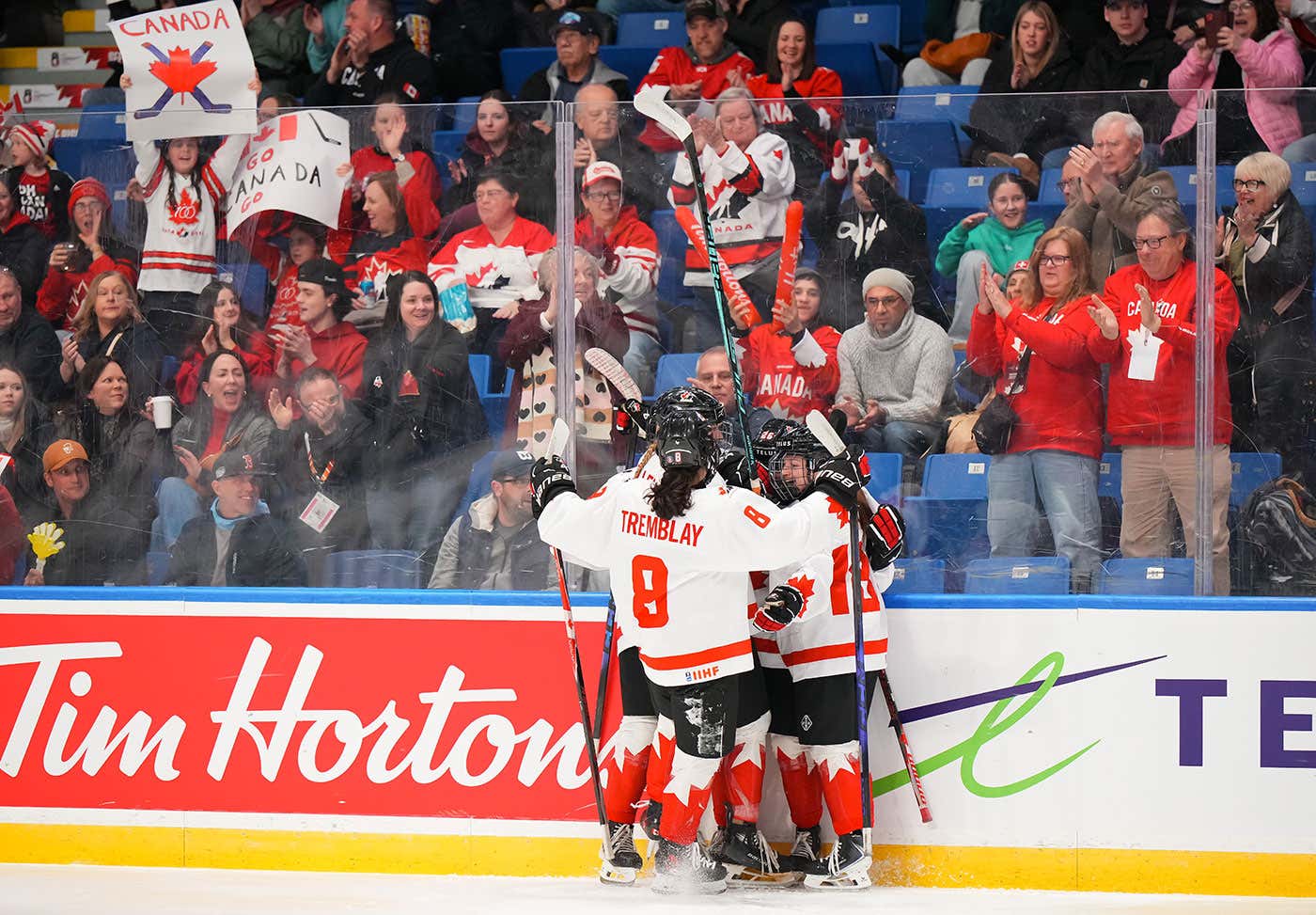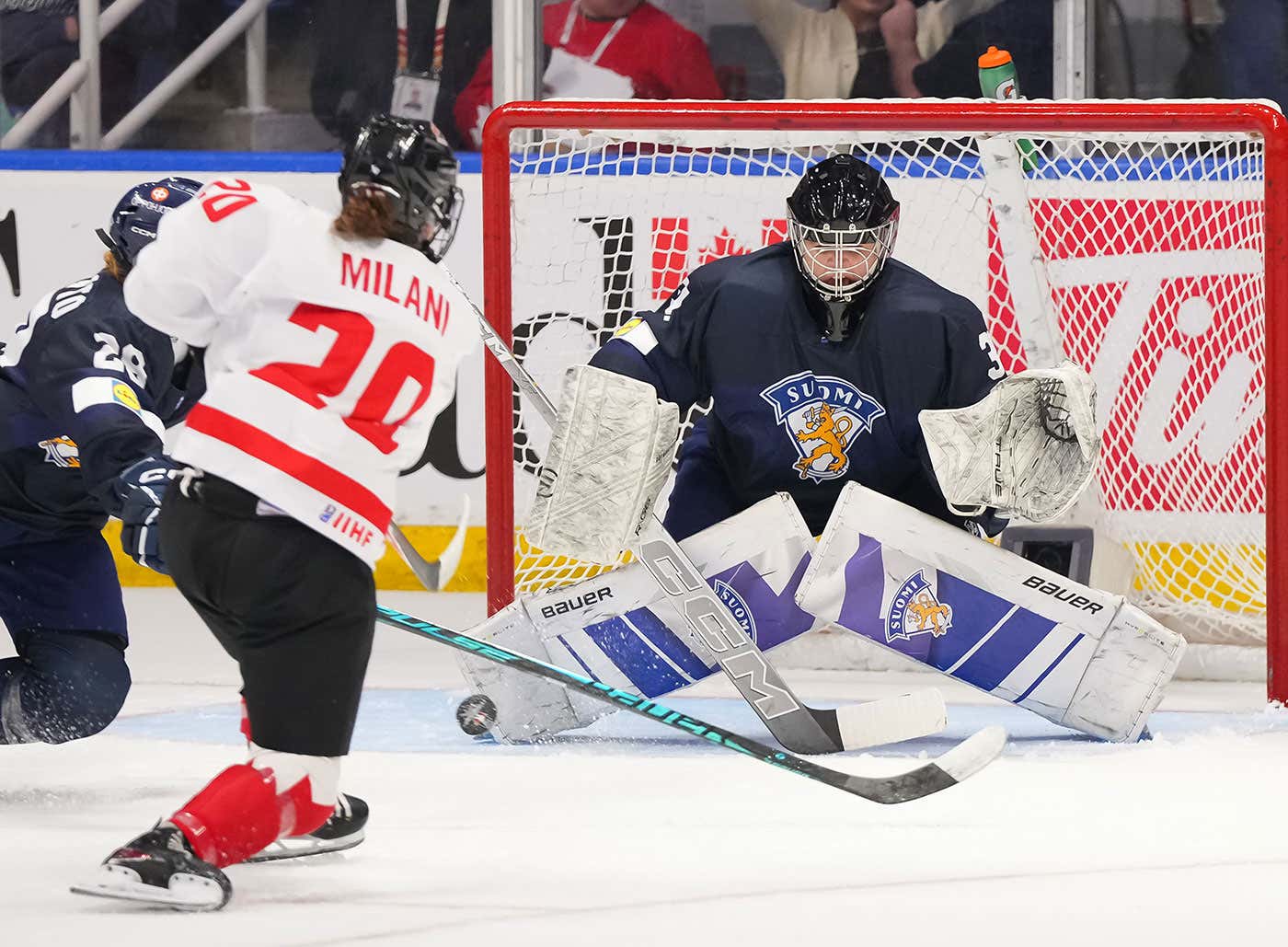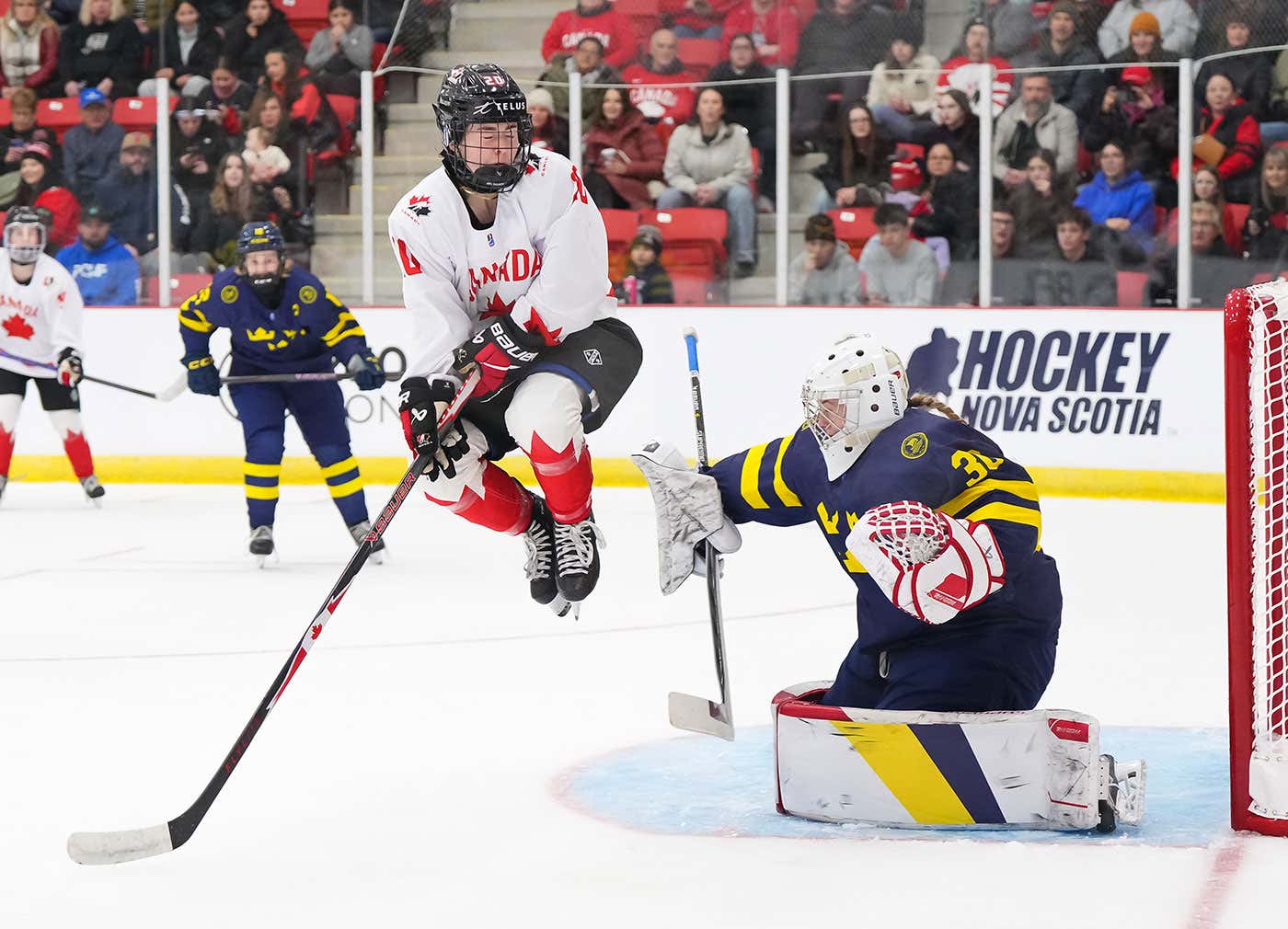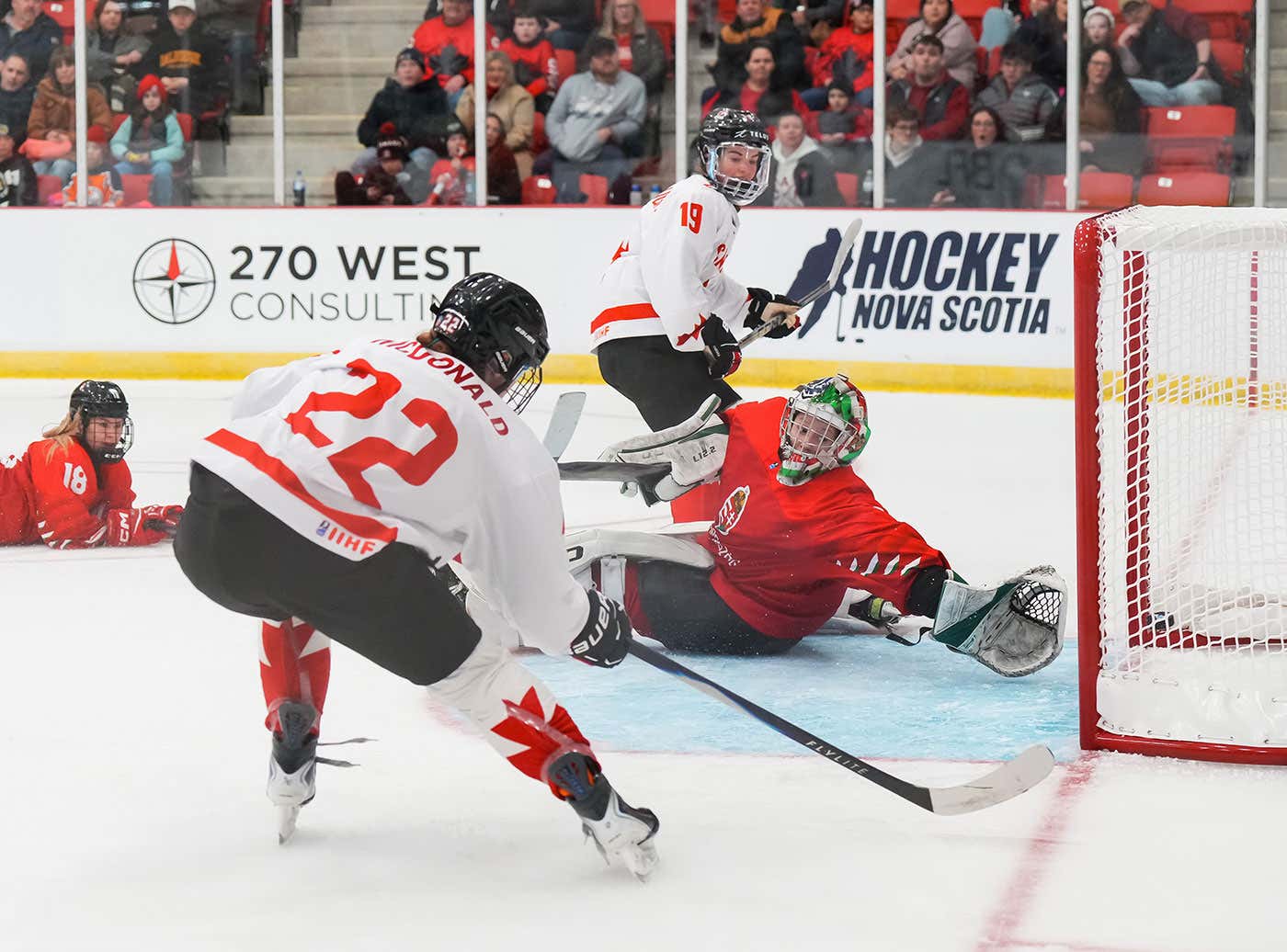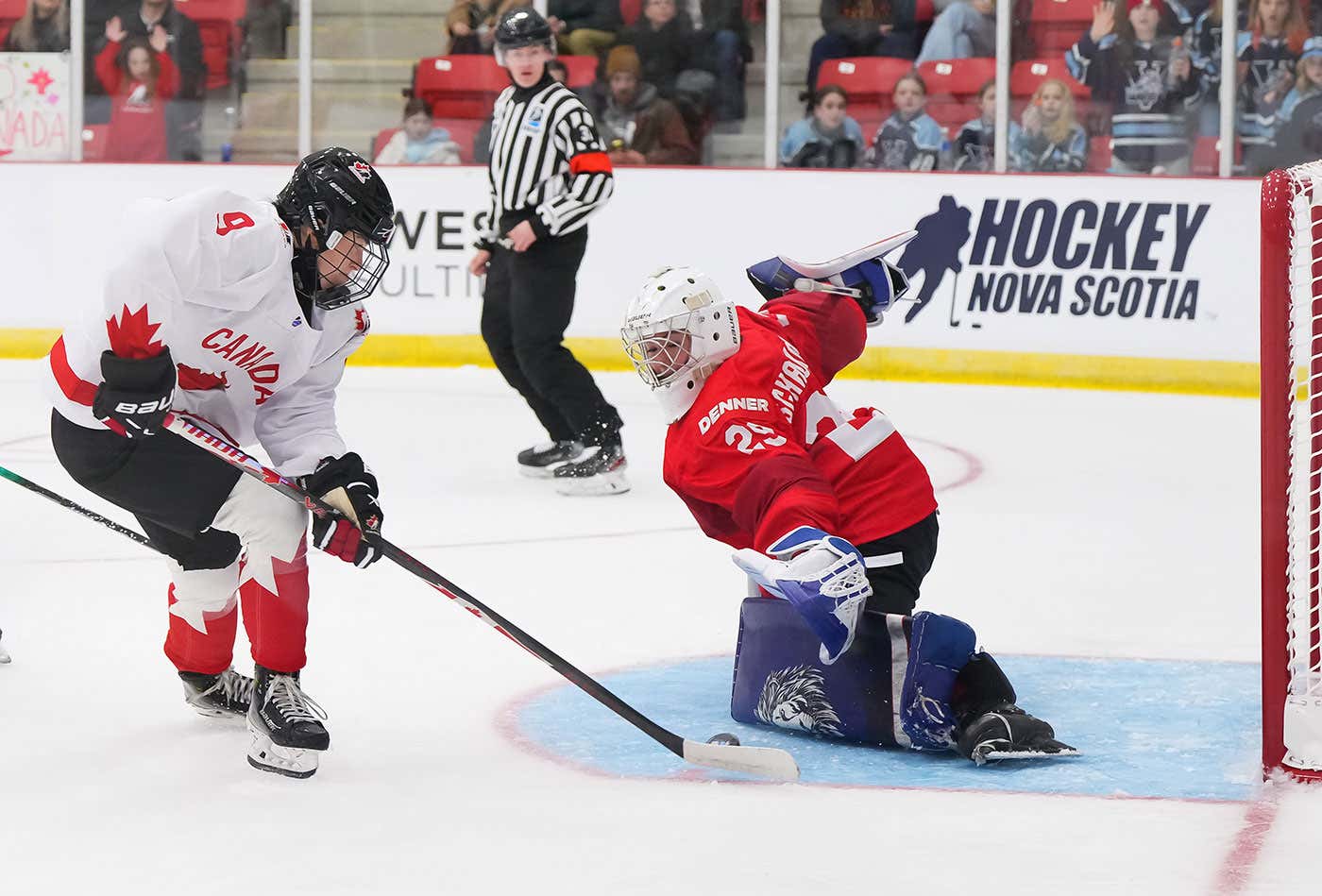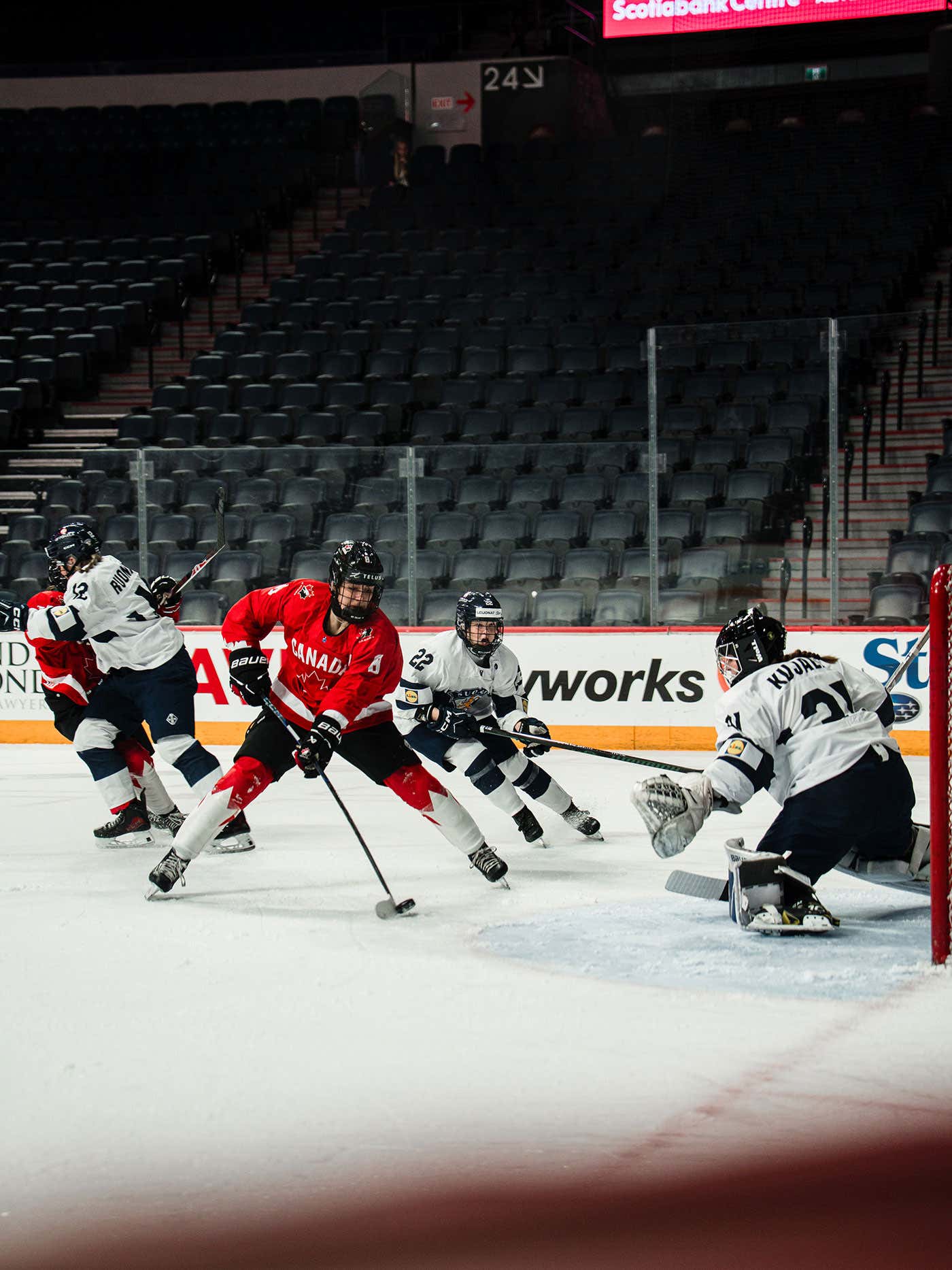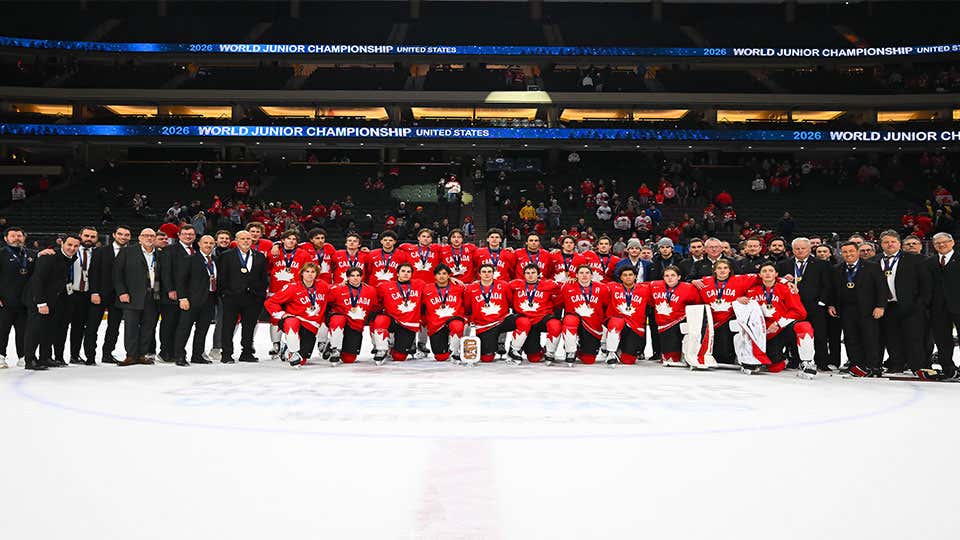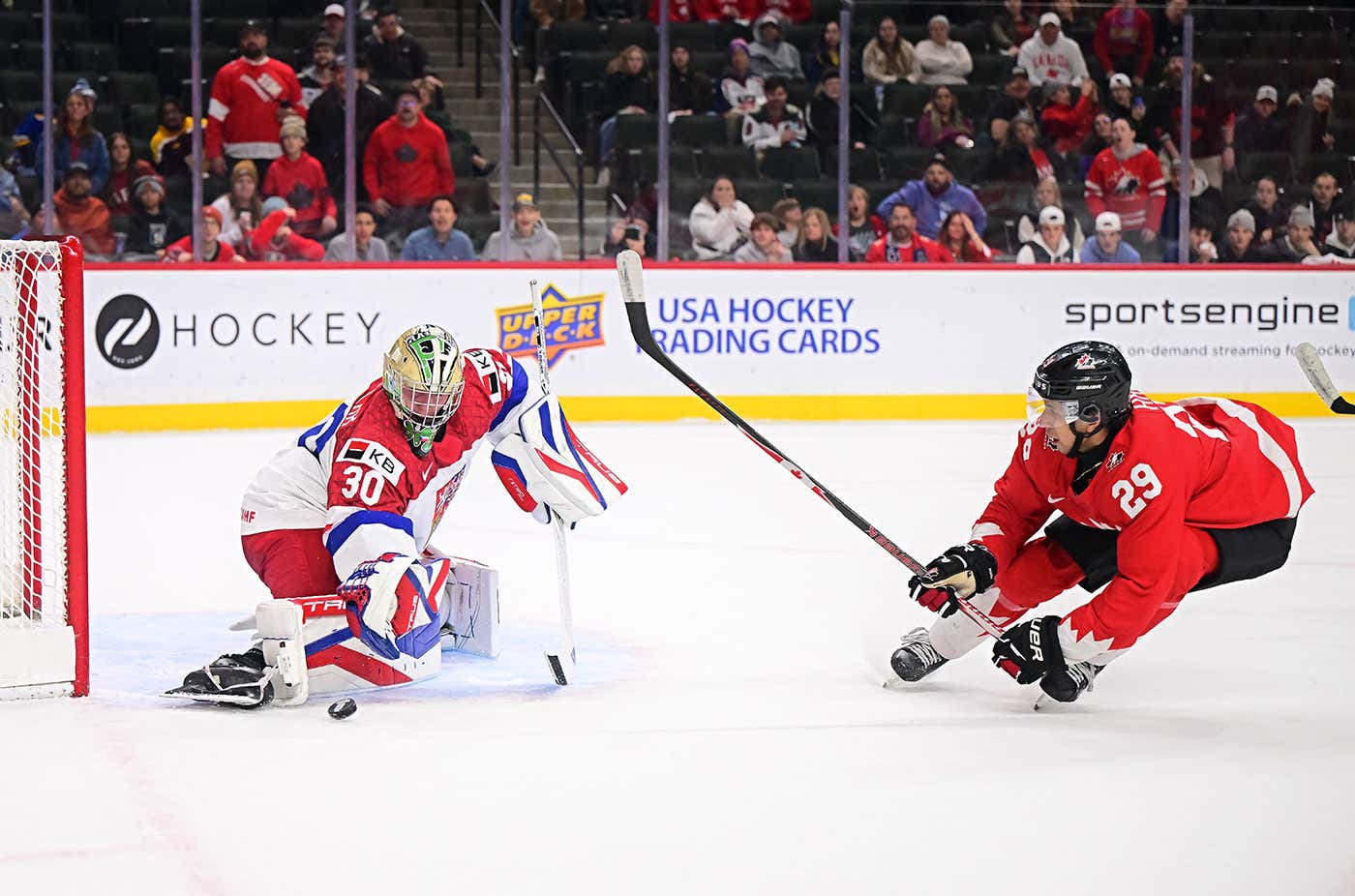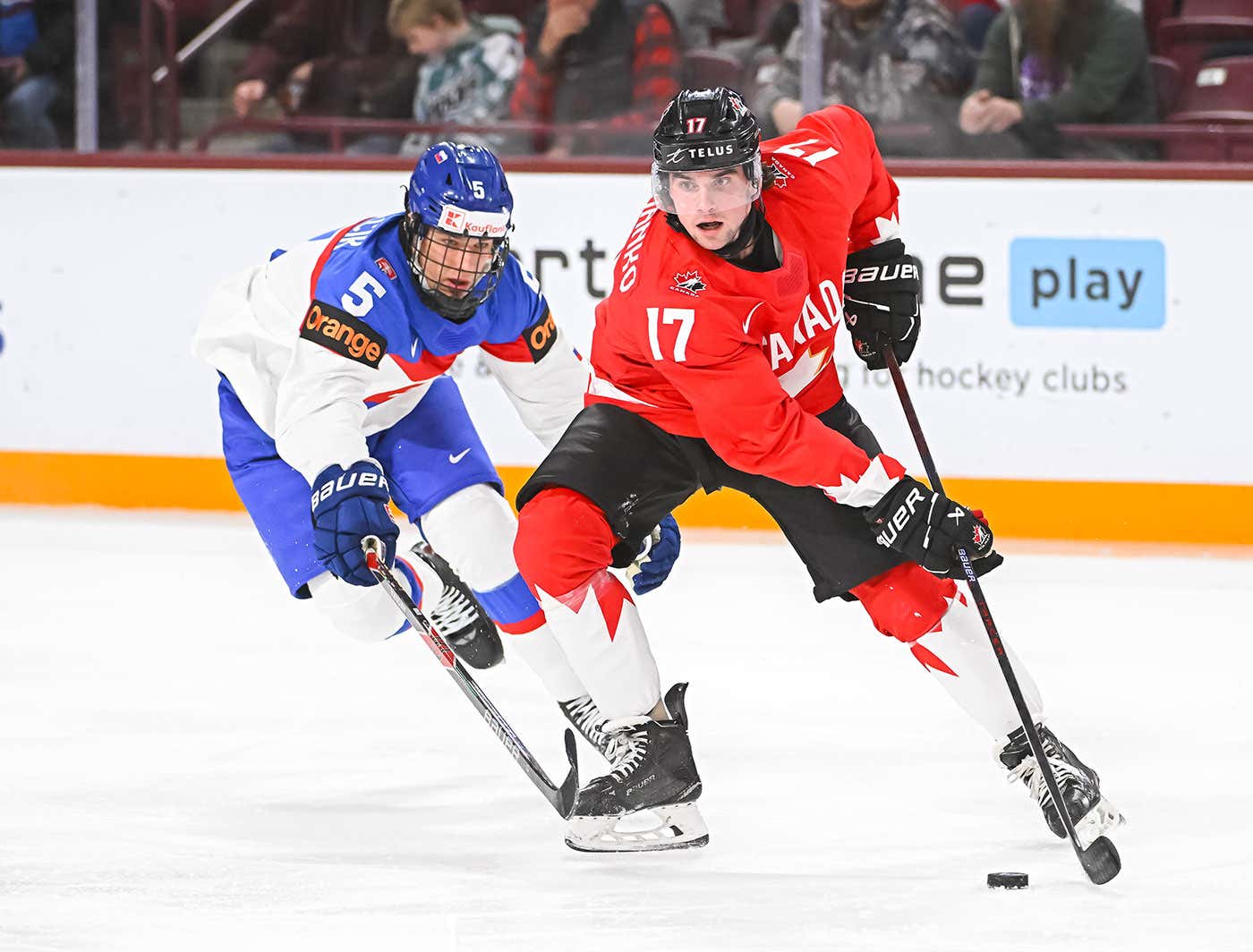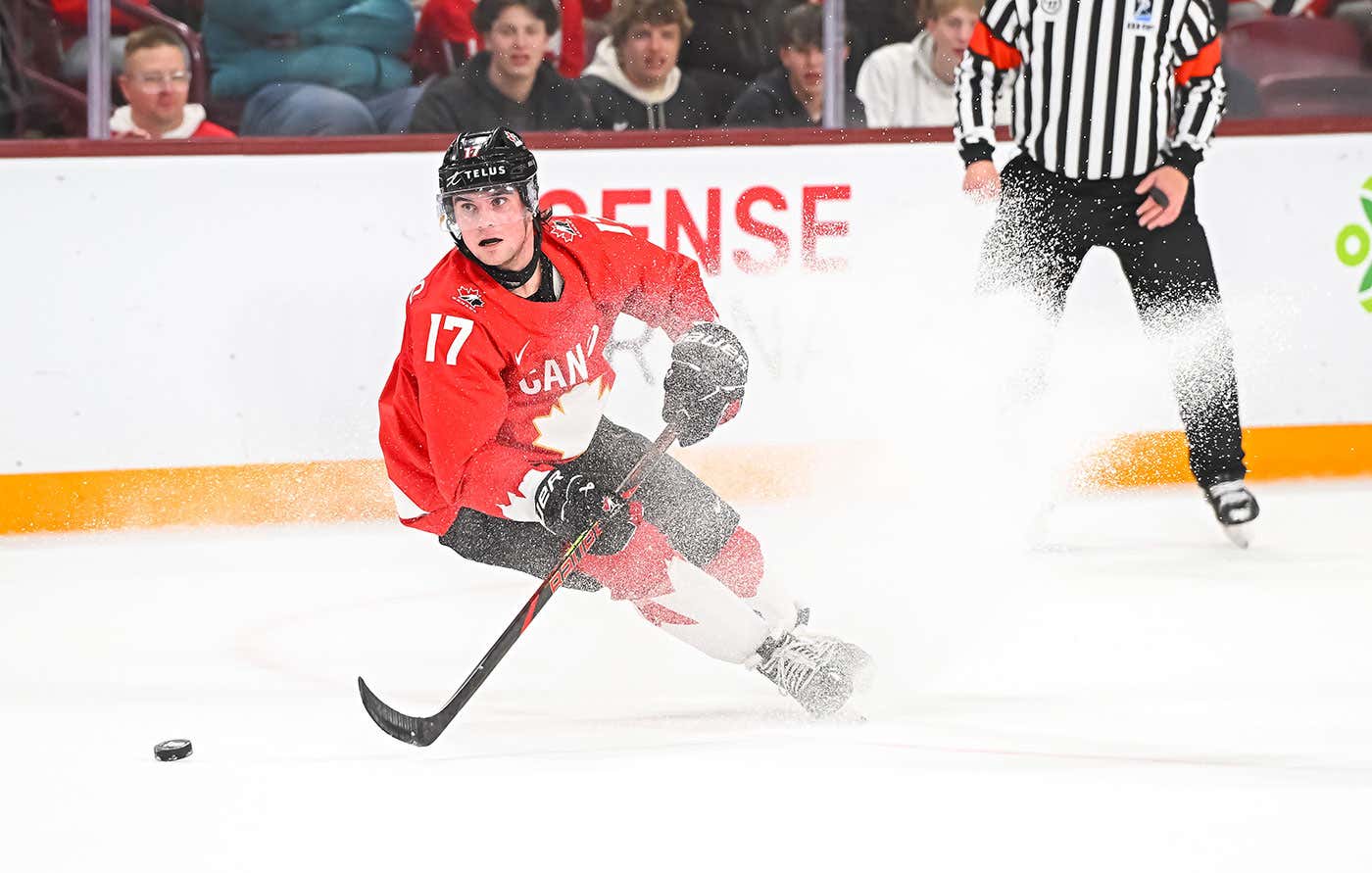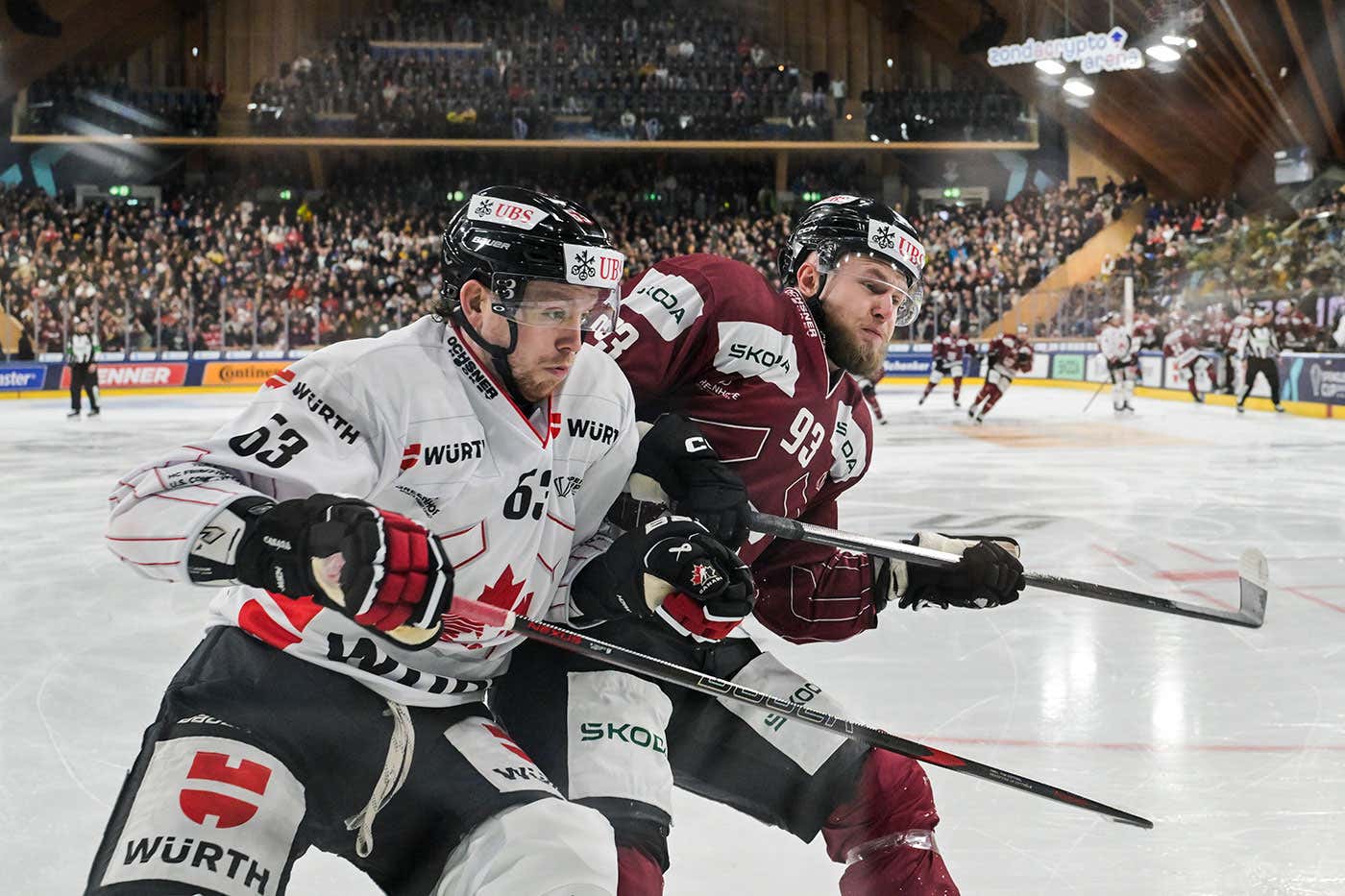
Schedule
Team Canada (Men)
2026 Olympic Winter Games | Feb. 11-22, 2026
IIHF U18 Men’s World Championship | Apr. 22 - May 2, 2026
IIHF World Championship | May 15-31, 2026
U17 World Challenge | Nov 2-8, 2025
Junior A World Challenge | Dec. 7-13, 2025
Spengler Cup | Dec. 26-31, 2025
IIHF World Junior Championship | Dec. 26, 2025 - Jan. 5, 2026
Search
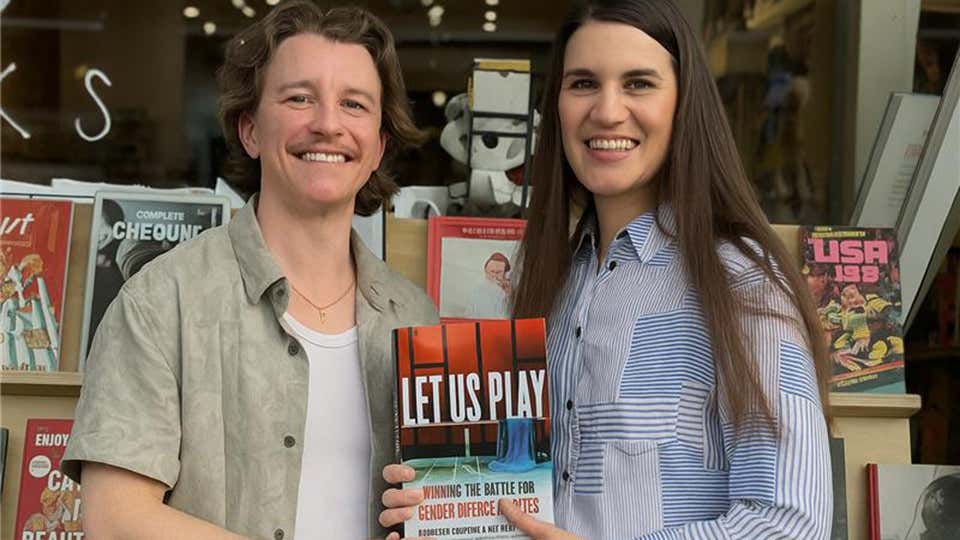
7 Questions with Harrison Browne
The trans advocate, Team Canada alumnus and newly published author opens up about his new book and the ongoing fight for gender diversity in sports

Hockey provided Harrison Browne with an opportunity to feel openly comfortable. It also granted him a voice to proudly discuss his journey.
That journey now includes writing a book alongside his sister, Rachel, an investigative journalist. Let Us Play: Winning the Battle for Gender Diverse Athletes was published late last month and includes Harrison’s experiences and those from athletes, coaches, policymakers and trans advocates.
HockeyCanada.ca caught up with Browne to talk about the new book and his journey in and out of the game.
HC: What inspired you to write Let Us Play?
HB: What initially started out as a memoir shifted to a larger-scale project highlighting the voice of trans athletes from all levels all over the world when my sister and I started to see the effects of the worsening discourse around trans athletes in the media and political sphere. We wanted to take the narrative back and give voices to these amazing trans and gender-diverse athletes who are often left out of the conversation when it impacts them the most.
HC: You made history as the first openly transgender athlete in professional hockey. Looking back, what was the toughest part of that journey and what are you most proud of?
HB: The toughest part of that journey was not the coming out or the reaction from the hockey world, it was my life outside of the sport. Being able to be Harrison within the rink and the locker rooms made it harder to be someone else outside of that by strangers who didn't know my story, who just viewed me as a queer woman. It was hard to be misgendered like that outside of sports.
I'm most proud of the positive visibility that came through my coming out. I was welcomed by the fans, by my teammates, by the league and that was an example that people could turn to. Seeing a trans athlete celebrated when the discourse around trans people is usually around struggle and negativity meant a lot for people looking in. Getting messages on my social media from other trans individuals was really empowering to know being myself was helping others do that too.
HC: The book speaks to the illusion of fairness in sports. Can you unpack what that means, especially for readers who might not yet understand the systemic inequities at play?
HB: Fairness in sports is a fallacy no matter how hard sport governing bodies can try to level the playing field. There are many things that give an athlete an advantage over another, but the biggest barrier to true fairness is socioeconomic status and access. No matter what an athlete's natural ability may be, their access to the best equipment, coaching, nutrition, playing facilities and other things is the biggest indicator on if an athlete can truly excel or not. We see it play out in the Olympics all the time with more western countries having that competitive edge over developing countries. We need to do more work in closing those socioeconomic gaps instead of focusing on trans athletes who make up such a small percentage of elite athletes.
HC: What do you think people are missing when they talk about inclusion in sport?
HB: Right now, we're seeing more and more policies and mentality around sports shift to an exclusionary approach rather than inclusionary. The rhetoric around the reasoning to bar a community from being able to participate in sports is that they pose an unfair advantage, that they will stop other athletes from winning or gaining scholarships. We need to get the focus on sports back to the health roots and what sport participation, especially at the youth level, is really about—enrichment, exercise, relationships, life lessons and memories. Why would we want to exclude any child from experiencing that when that is the true ethos of sports?
HC: You and Rachel spoke with many people across the sports landscape. Were there any stories or perspective from others that surprised or moved you in unexpected ways?
HB: Talking to trans youth in the United States and their families was particularly moving. Right now in the discussion around trans athletes, we're hearing mostly from elite athletes at the college level and the Olympic level, but it's youth that are being impacted the most. We traveled to Dallas and spoke with a 13-year-old trans girl named Libby Gonzales. She and her family have been fighting for trans rights since she was seven. She has been on the front lines advocating against bathroom bans and now sports bans for over half of her life. To see the love and unwavering support that these parents have towards their trans children was and is very emotional for me. It's heartening to know there are people out there fighting for a better world for youth to grow up in, but also deeply troubling to see the real people affected by these anti-trans bills.
HC: If there’s a young trans or non-binary athlete looking to get involved in the game, what’s something you’d want to say to them?
HB: Don't believe everything you are seeing in the media when it comes to negative opinions about you, and do not read the comments in articles about you. There are a lot of ignorant people out there, but there are also many people within the sporting world who are fighting for your right to play the sport you love—there is a place for you and you deserve to have the same experiences as your cisgender peers. You belong and you are loved.
HC: If readers walk away from this book with just one takeaway, what do you hope it is?
HB: The humanity behind trans and non-binary athletes. I hope they read these stories from these incredible athletes who are more than just athletes—they are humans with struggles outside of sports just like everyone else, and this is so much bigger than sports. I hope that instead of trans athletes being a feared and unknown term, we can put real faces to the real players impacted and misunderstood the most right now and get back to humanizing this amazing community.
For more information: |
- <
- >

















